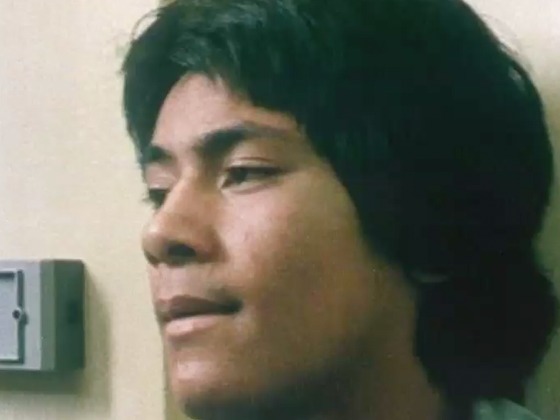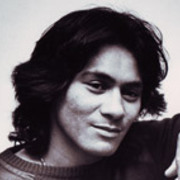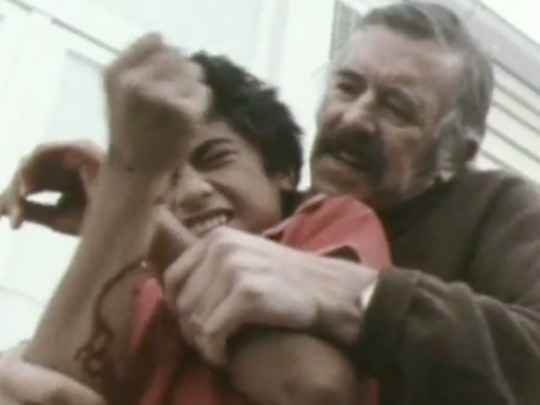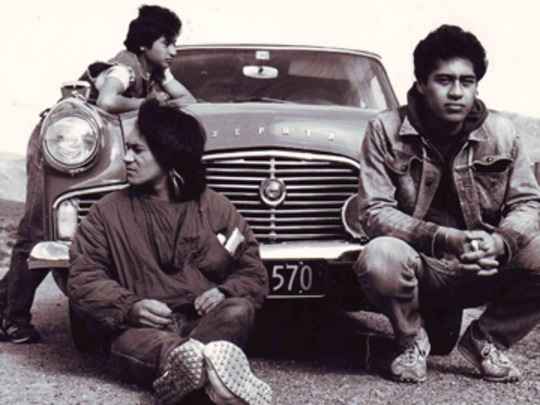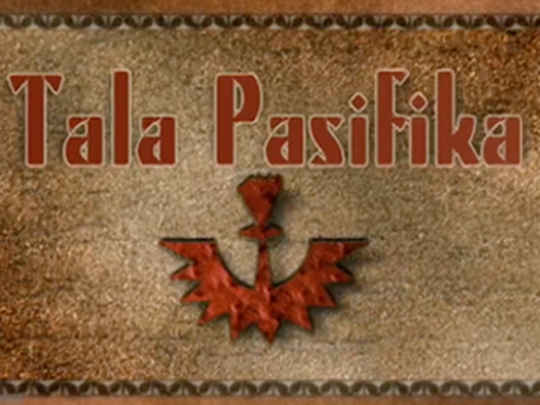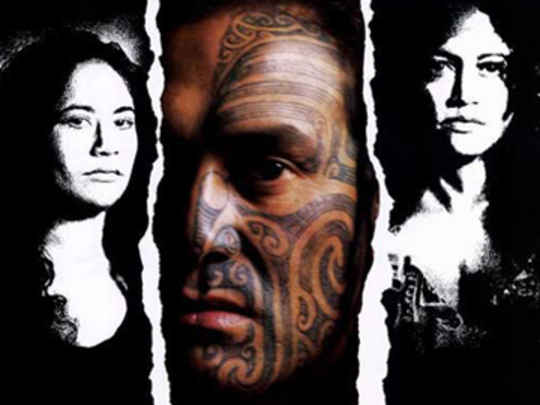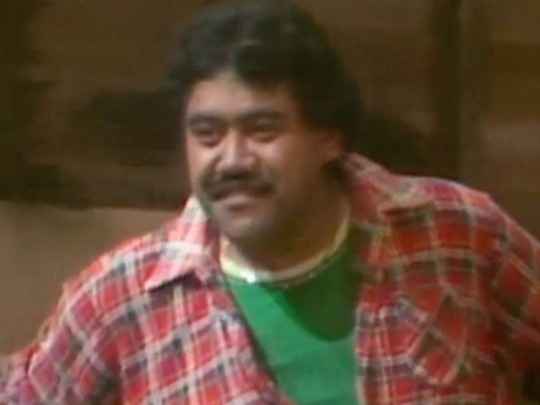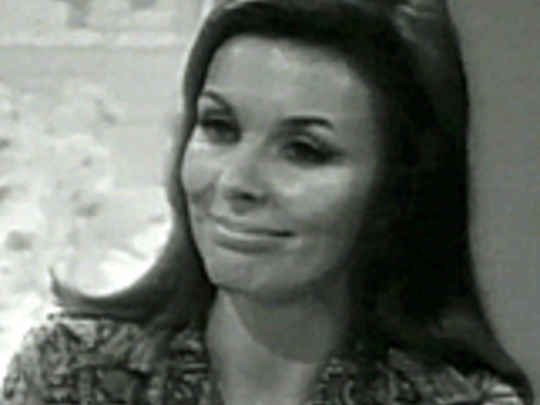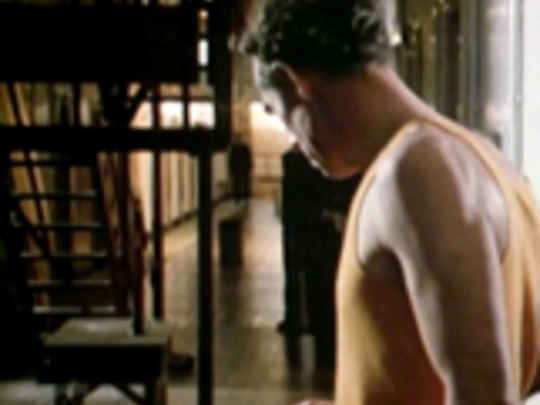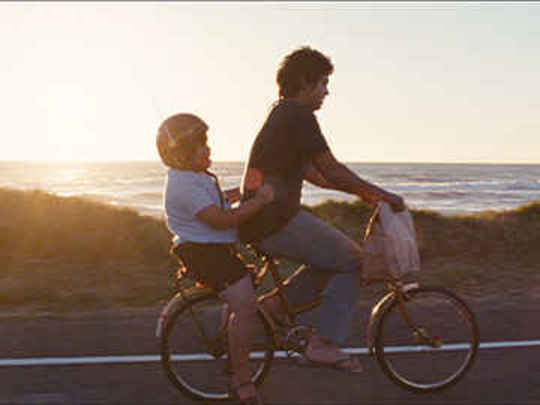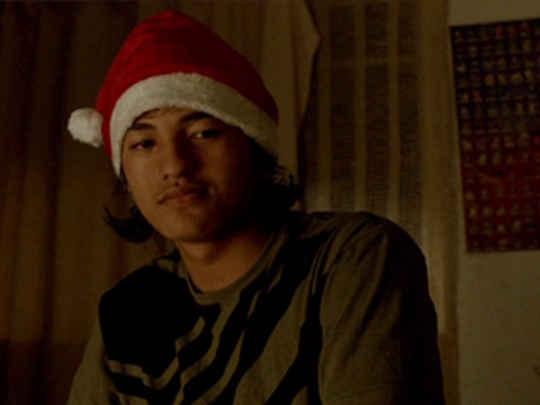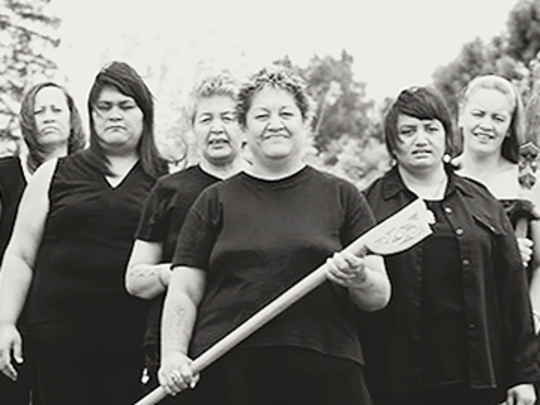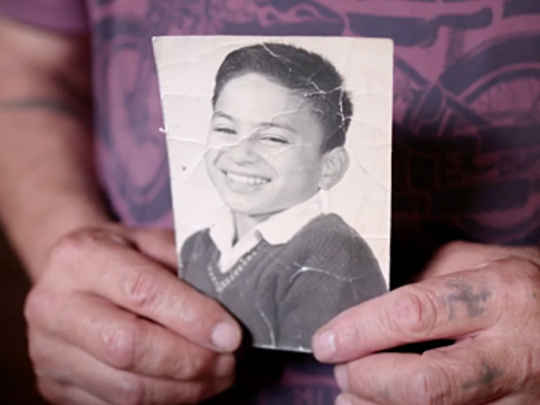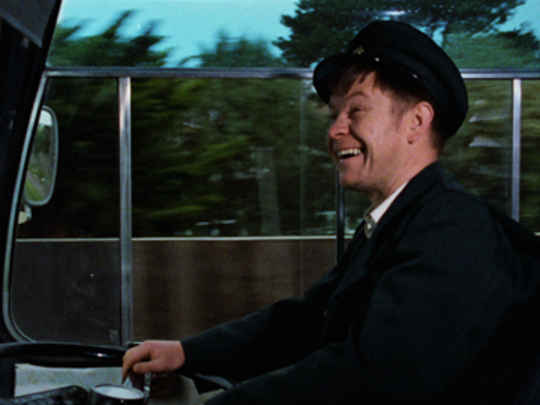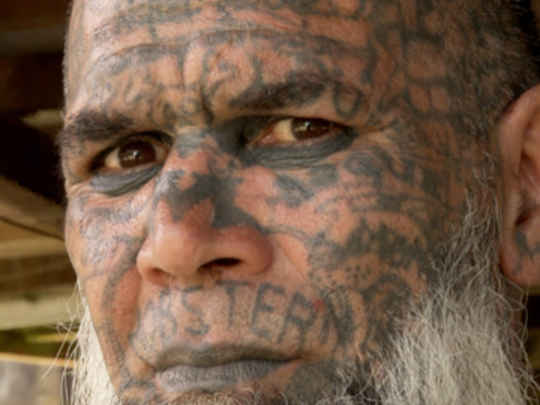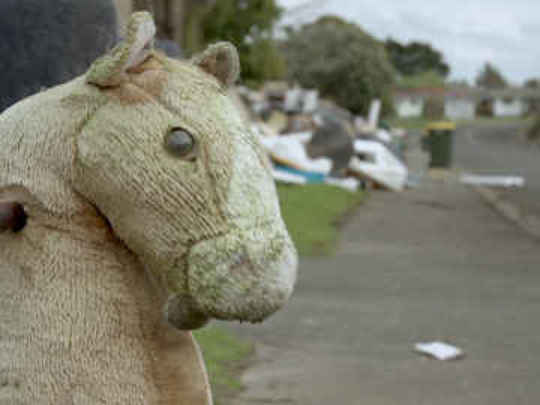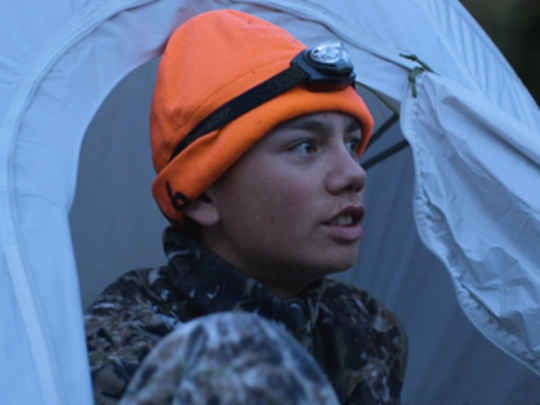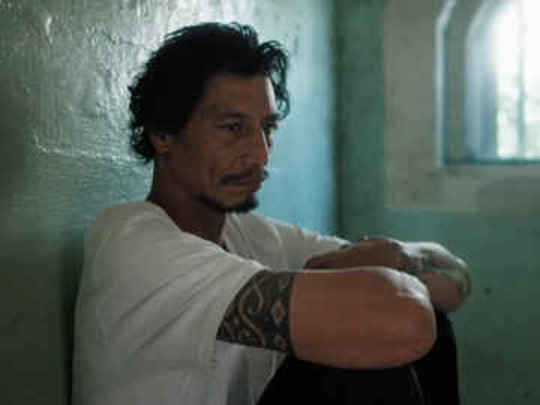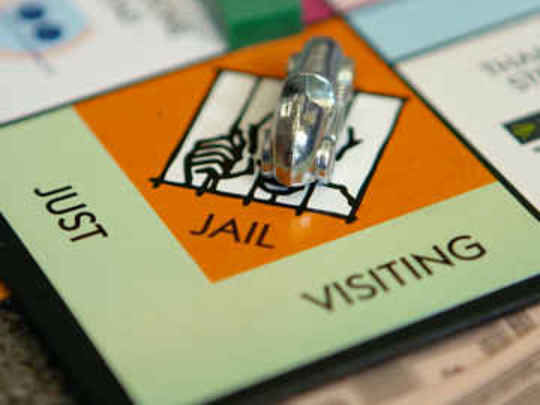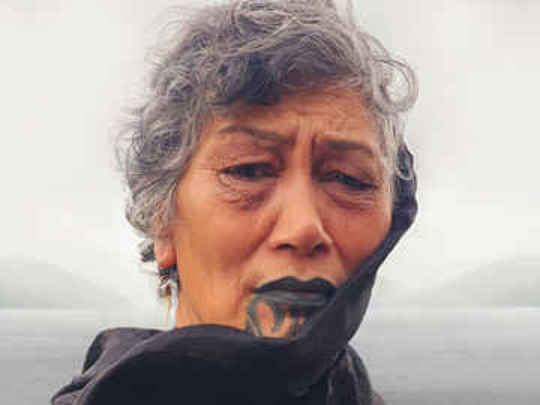Kingi's Story
Television (Full Length) – 1981
Notes on Kingi's Story
The story revolved about why young people, predominantly Māori teenagers, in the mid 70s and into the 80s, became wards of the state.
Kingi's Story was a snippet of life based on experiences of the very people (including myself), who ended up in Government care. It started with Kingi in a police cell; while awaiting eventual Government detention, he reflects on his life, his relationship with his family, school friends and teachers, and his girlfriend.
A number of organisations were asked to fund this project, but it wasn't till Ross Jennings returned from Australia to become head of drama for TV One that Kingi's Story got made. It was a long path to that point.
I had no theatrical or television acting experience when I was discovered by the director, Michael Hugh Walker. I was an 'ward of the state' at Levin's Kohitere Boys Training Centre; Michael Walker was a Levin animator, photographer and budding filmmaker who befriended a number of the youths at [correctional facility] Kohitere. After an extensive audition regime, he asked me to appear as the lead role, as Kingi.
It's perhaps hard to imagine the problems making a 50 minute television drama in 1981, with a lead role for a Māori character, an actor with no experience, and a director with little feature length or TV experience (Michael's company had made TV commercials and one documentary called Life in a Small Town).
I had, on many occasions, accompanied Michael Walker with audition tapes, screenplay and willing smiles in tow, in an effort to convince people to make Kingi's Story and that Māori could act, if given a chance. From today's [2010] perspective, that challenge might seem very remote now that we've seen a myriad of excellent films made by Māori, and with Māori in key roles.
I didn't initially enjoy working on Kingi's Story; it was more like a journey then a role. 16mm cameras, lights, Nagras [sound recorders], props, wardrobe ... a film set in general was foreign to me. It was way out of my normal routine. But even though I may have been naive and unsure of its outcome - Michael and I were both unknown quantities - Kingi's Story was loaded with a great cast and a great crew which ensured the film's completion.
I am very proud of my role in the making of this project and honoured to have been close to the strength and fortitude of the director and scriptwriter Michael Walker, who saw in me the potential to help him bring a modest film drama to life.
It was my first ever role but not my last ...
